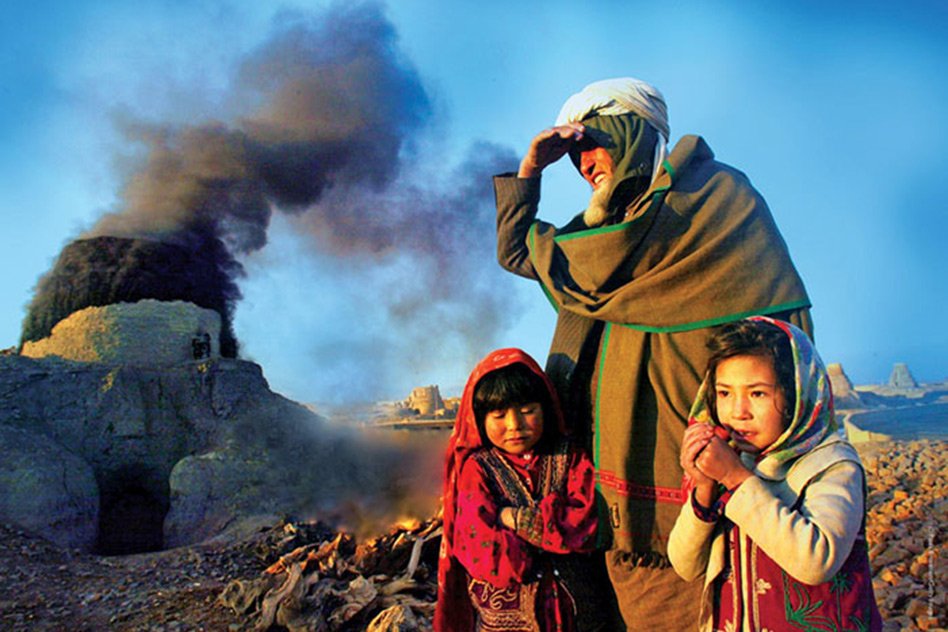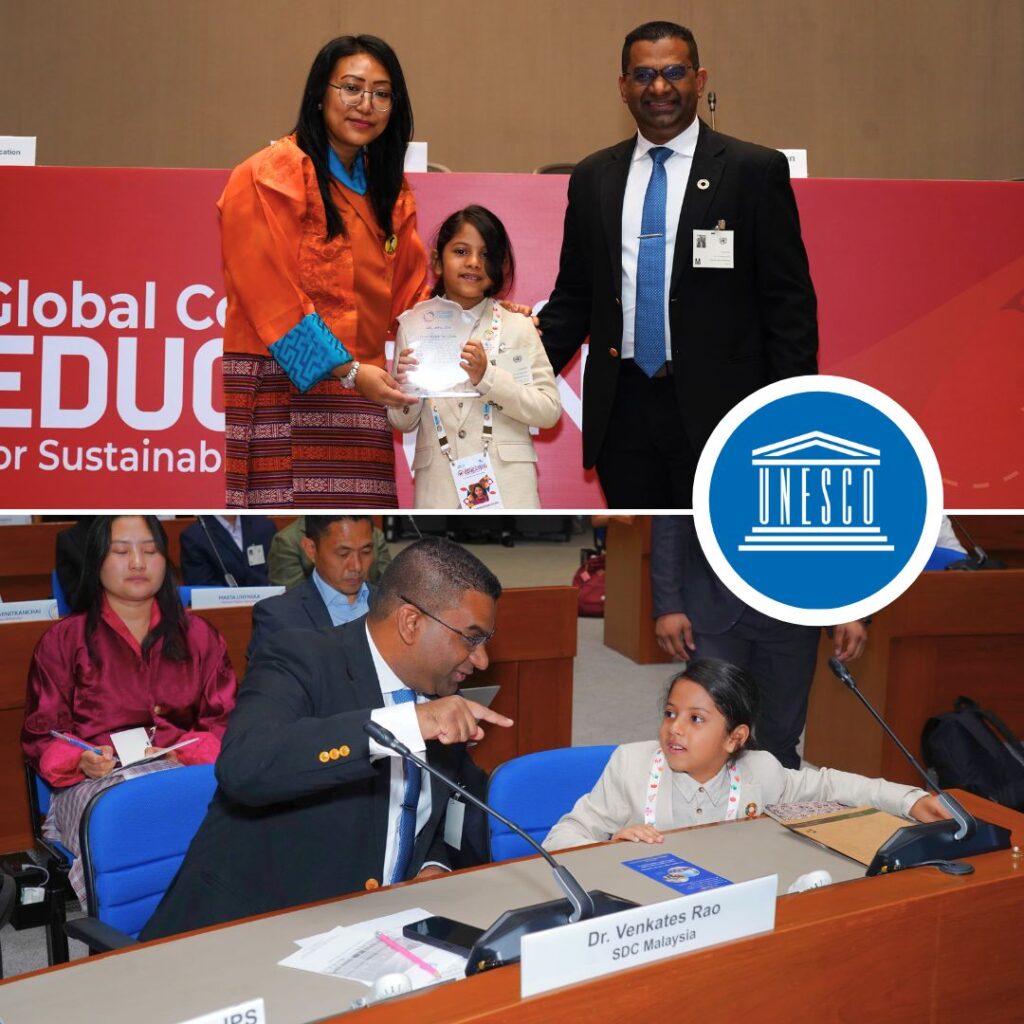Image Source: un
An estimated 12.6 million people died as a result of living or working in an unhealthy environment in 2012 – nearly 1 in 4 of total global deaths, according to new estimates from WHO. Environmental risk factors, such as air, water and soil pollution, chemical exposures, climate change, and ultraviolet radiation, contribute to more than 100 diseases and injuries.
What Contributes to those deaths?
According to the World Health Organization (WHO), non communicable diseases contribute to the largest share of environmental related diseases. The second edition of the report, “Preventing disease through healthy environments: a global assessment of the burden of disease from environmental risks”, reveals that since the report was first published a decade ago, deaths due to non communicable diseases (NCDs), mostly attributable to air pollution (including exposure to second-hand tobacco smoke), amount to as much as 8.2 million of these deaths. Stroke, Heart diseases, cancers and chronic respiratory diseases contribute to two-thirds of the total deaths caused by unhealthy environments.
Deaths from infectious diseases has declined after sanitation and clean water has been accessed and been made aware of.
Healthier Environment: Healthier mind, healthier body
Environmental risks take their greatest toll on young children and older people, the report finds, with children under 5 and adults aged 50 to 75 years most impacted. Yearly, the deaths of 1.7 million children under 5 and 4.9 million adults aged 50 to 75 could be prevented through better environmental management. Lower respiratory infections and diarrhoeal diseases mostly impact children under 5, while older people are most impacted by NCDs. The report emphasizes cost-effective measures that countries can take to reverse the upward trend of environment-related disease and deaths. These include reducing the use of solid fuels for cooking and increasing access to low-carbon energy technologies.
Regionally, the report finds, low- and middle-income countries in the WHO South-East Asia and Western Pacific Regions had the largest environment-related disease burden in 2012, with a total of 7.3 million deaths, most attributable to indoor and outdoor air pollution. Further regional statistics listed in the report include:
- 2.2 million deaths annually in African Region
- 847 000 deaths annually in Region of the Americas
- 854 000 deaths annually in Eastern Mediterranean Region
- 1.4 million deaths annually in European Region
- 3.8 million deaths annually in South-East Asia Region
- 3.5 million deaths annually in Western Pacific Region
Low- and middle-income countries bear the greatest environmental burden in all types of diseases and injuries, however for certain NCDs, such as cardiovascular diseases and cancers, the per capita disease burden can also be relatively high in high-income countries.
The lifestyle that we people follow today seems to be clean and neat but is not actually healthy. People using canned foods and better products are susceptible to cancer as those stuffs act as carcinogens.
Approach to bring down the environmental disease burden
The report cites proven strategies for improving the environment and preventing diseases. For instance, using clean technologies and fuels for domestic cooking, heating and lighting would reduce acute respiratory infections, chronic respiratory diseases, cardiovascular diseases and burns. Increasing access to safe water and adequate sanitation and promoting hand washing would further reduce diarrheal diseases.
Tobacco smoke-free legislation reduces exposure to second-hand tobacco smoke, and thereby also reduces cardiovascular diseases and respiratory infections. Many cities around the world are already implementing many of these cost-effective measures. Curitiba, Brazil has invested heavily in slum upgrading, waste recycling, and a popular “bus rapid transit” system which is integrated with green spaces and pedestrian walkways to encourage walking and cycling. Citizens have become conscious and have been working together for a cleaner and safer environment. They opt for environment friendly and organic products. Different cities have seen lesser air pollution as compared to before.
Currently, WHO is working with countries to take action on both indoor and outdoor air pollution. At the World Health Assembly in May, WHO will propose a road map for an enhanced global response by the health sector aimed at reducing the adverse health effects of air pollution.
The efforts of WHO for making world a better place to live and create awareness, among people for a healthy environment is highly appreciable and has always achieved its goals and we look forward to see WHO achieving this goal of fighting non-communicable diseases and reducing the disease burden.
We have reached to an alarming situation, if we don’t take steps now, it will be too late. If countries do not take actions to make environments where people live and work healthy, millions will continue to become ill and die too young. The Logical Indian appeals to everyone to be conscious and take whatever steps they can at individual levels to not to damage environment. Smallest of our steps count.
-Saswati Mishra











